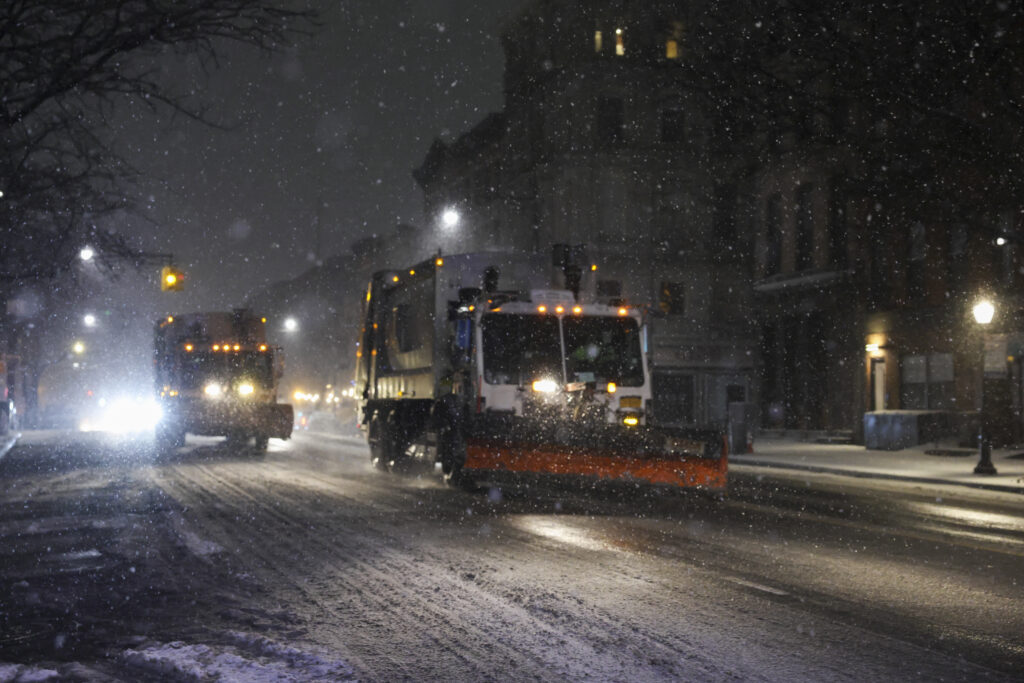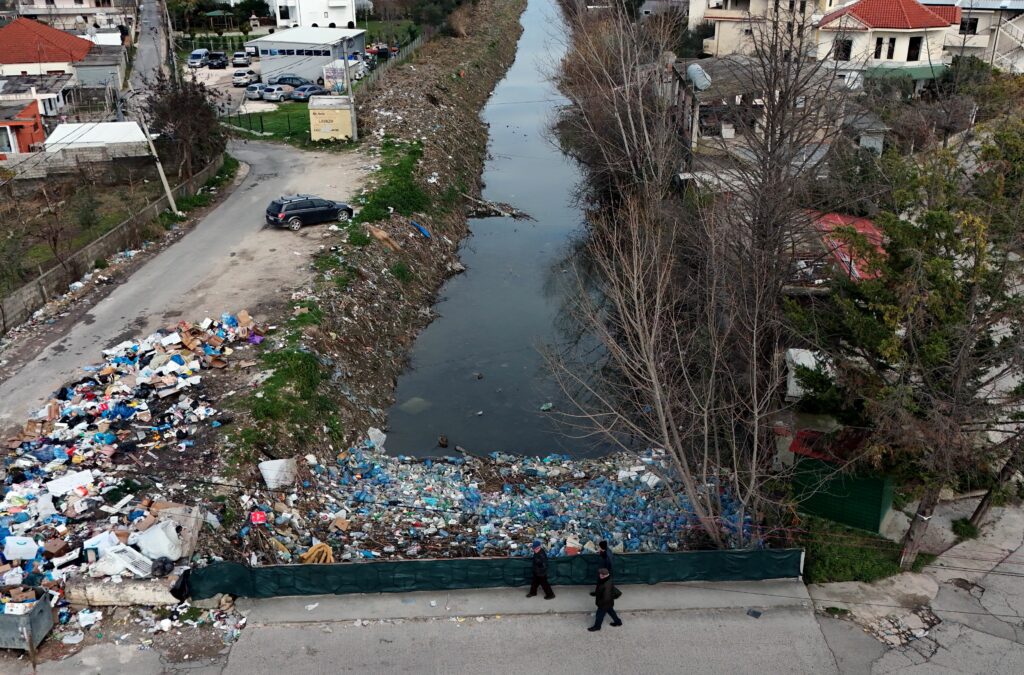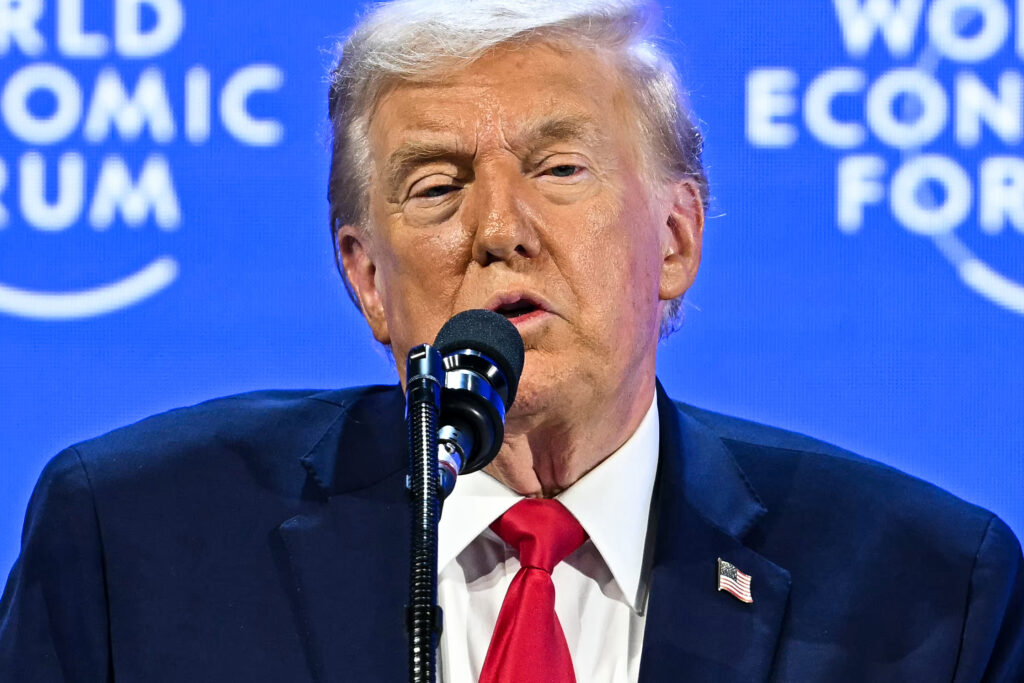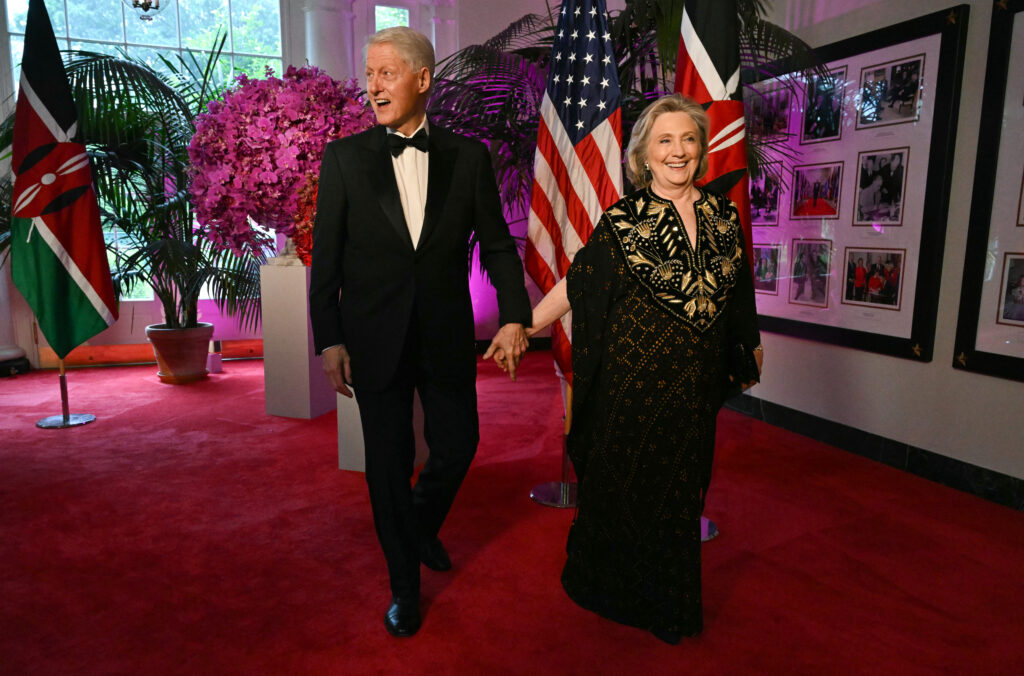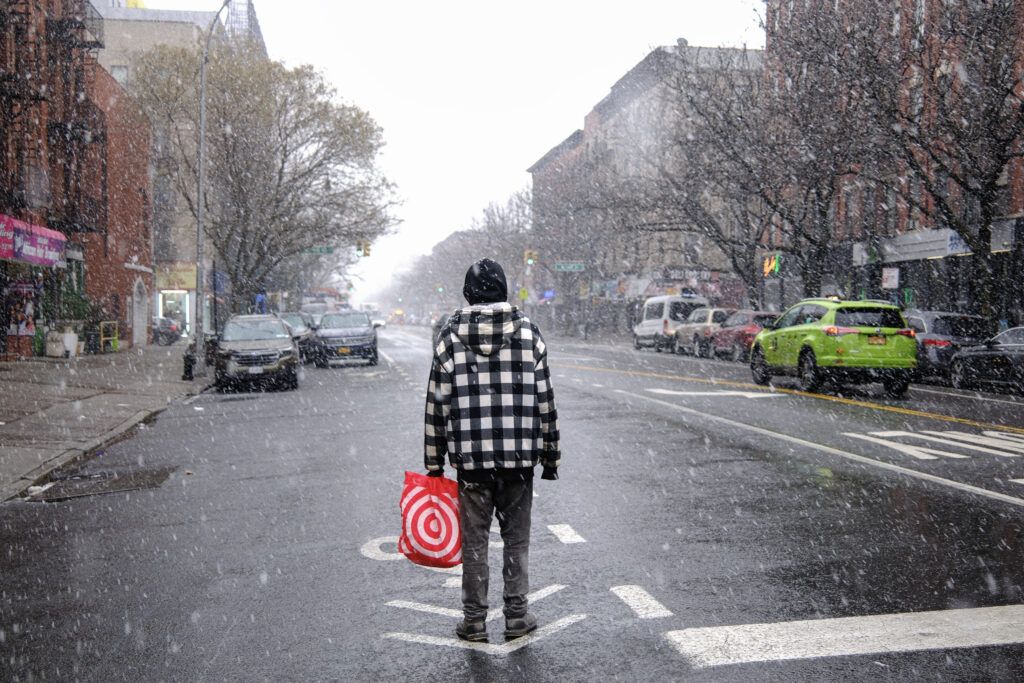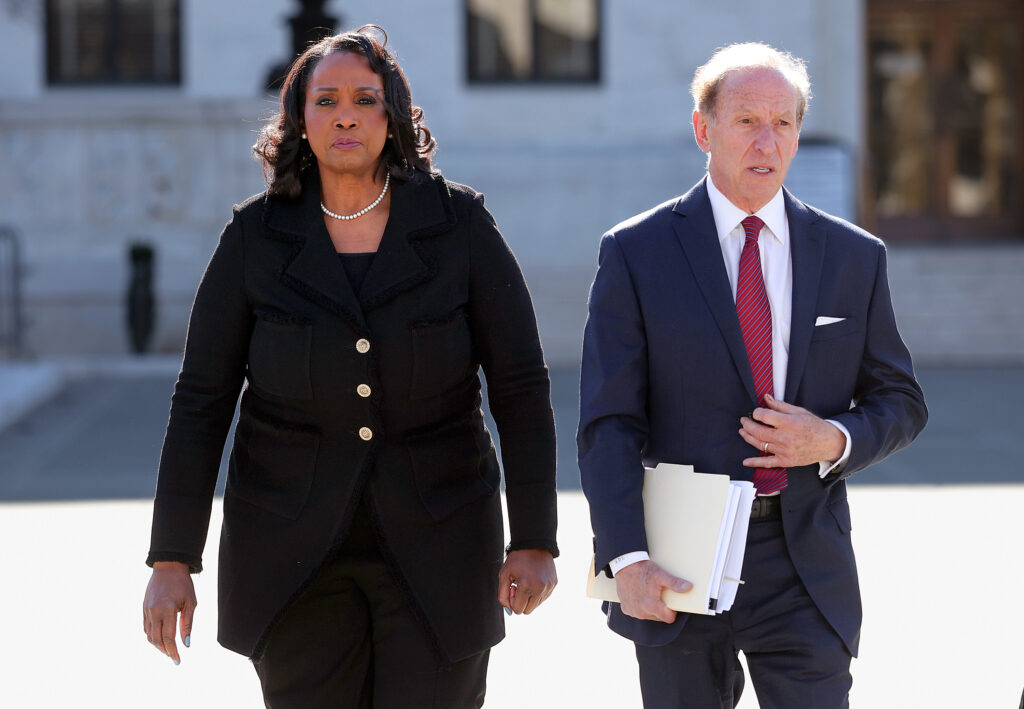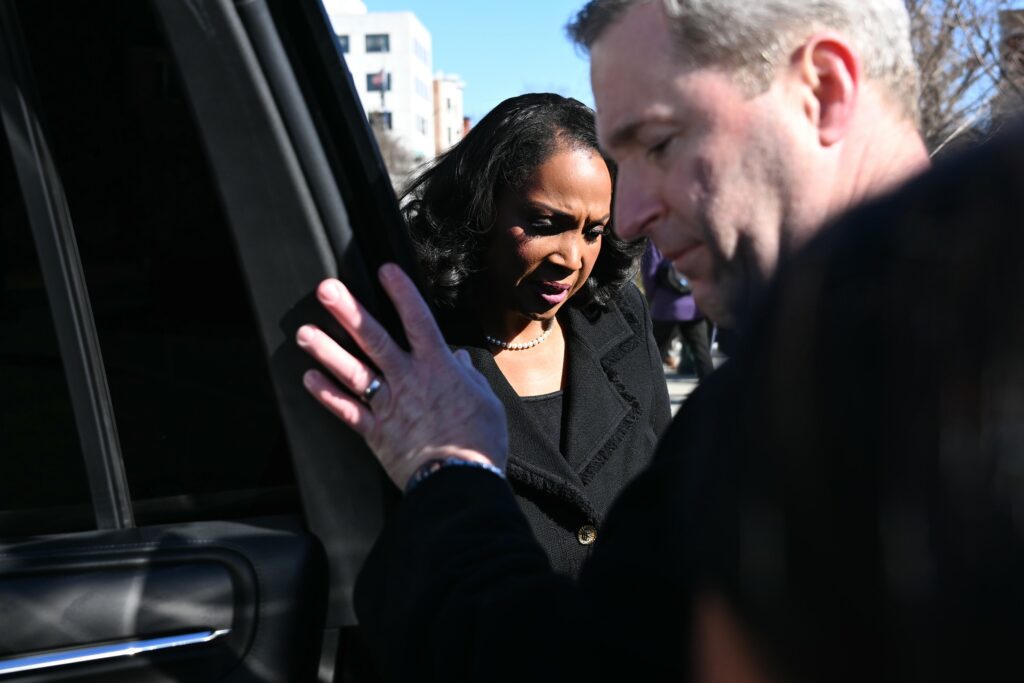‘One Battle After Another,’ ‘Sinners’ tipped to top Oscar noms
The votes are in and the moment is here: the Academy is set to reveal the nominations for this year’s Oscars, with “One Battle After Another” and “Sinners” expected to top the list. Experts predict that the acclaimed hits, both from Warner Bros, could each rack up a dozen or more nods for Hollywood’s grandest awards ceremony — from best picture and best actor to the new best casting prize.Some even suggest that the films could tie — or even break — the all-time record of nominations for a single film, jointly held by “All About Eve,” “Titanic” and “La La Land” at 14.It is rare for a single Hollywood studio to have the two clear Oscar frontrunners, and it ironically comes in what could be Warner Bros’ swansong year as an independent distributor.Warner Bros is the target of a fierce bidding war between Paramount Skydance and Netflix.”Sinners,” a blues-inflected period horror film about the segregated US South, comes from “Black Panther” director Ryan Coogler.It is expected to land a best actor nomination for Michael B. Jordan, who plays two twins battling vampires and racists in 1930s Mississippi, plus everything from screenplay to score.For Variety awards expert Clayton Davis, the nominations record is within reach for “Sinners.” Coogler is “rewriting the math entirely,” and could enter “a statistical stratosphere no filmmaker has ever touched,” Davis wrote.But so far this awards season, Paul Thomas Anderson — whose formidable, eclectic filmography runs from “Boogie Nights” to “There Will Be Blood” — has won almost every prize going for “One Battle After Another.”A zany thriller about a retired revolutionary looking for his teen daughter against a wild backdrop of radical violence, immigration raids and white supremacists, it broke the all-time record for nominations by Hollywood’s actors guild.Former best actor Oscar winner Leonardo DiCaprio is all but certain to secure his seventh acting nomination from the Academy.Netflix has its own hopefuls in Guillermo del Toro’s monster horror flick “Frankenstein,” tragic Western pioneer drama “Train Dreams” and animated musical sensation “KPop Demon Hunters.”- Best casting -“Hamnet,” a tragic literary adaptation that imagines William Shakespeare coping with the death of his son, is likely to land a bagful of nominations.Jessie Buckley, who plays the Bard’s long-suffering wife Agnes, appears a lock for a best actress nomination.She is likely to be joined by Emma Stone playing an alien — or is she? — in conspiracy theorist drama “Bugonia,” and Norwegian actress Renate Reinsve in arthouse darling “Sentimental Value.”With the Academy’s overseas voter base rapidly expanding, “Sentimental Value” is one of a trio of non-English-language films that could contend for best picture.Along with Persian-language Palme d’Or winner “It Was Just An Accident,” there is also Brazil’s “The Secret Agent,” though “space feels limited” for all three to make the list, wrote Davis.”The Secret Agent” star Wagner Moura, playing a scientist on the run from Brazil’s 1970s dictatorship, is expected to vie with DiCaprio and Jordan for best actor.But that category’s frontrunner is Timothee Chalamet, whose turn in “Marty Supreme” as a bratty, talented and fiercely ambitious ping pong player in 1950s New York has already won a Golden Globe, a Critics Choice Award and more.This year sees the introduction of a new Oscar for best casting, honoring the experts who attach actors to projects long before future blockbusters or indie hits begin production.With no precedent, it is unclear what exactly voters will be looking for. “Is it star power? Ensemble cohesion? Finding a discovery?” asked Davis.The nominations will be unveiled Thursday at 5:30 am (1330 GMT) in Los Angeles, with the 98th Oscars ceremony to follow on March 15.

